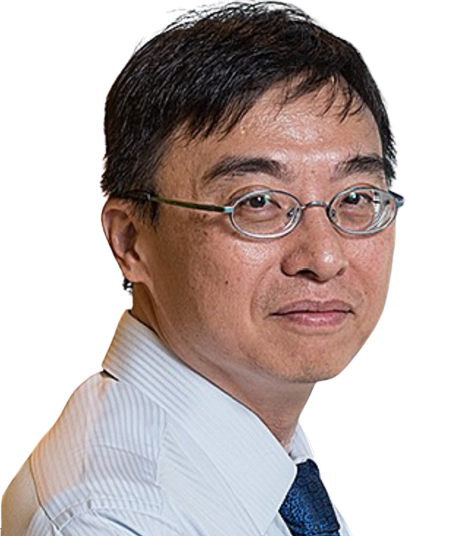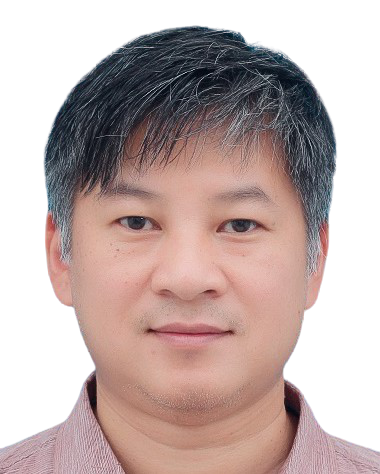 Prof. Chin-Teng Lin, University of Technology Sydney,
Sydney, Australia
Prof. Chin-Teng Lin, University of Technology Sydney,
Sydney, AustraliaBiography: Chin-Teng Lin received the B.S. degree from the National Chiao-Tung University (NCTU), Taiwan in 1986, and the Master and Ph.D. degree in electrical engineering from Purdue University, West Lafayette, Indiana, the U.S.A. in 1989 and 1992, respectively. He is currently a Distinguished Professor, Co-Director of the Australian AI Institute, and Director of CIBCI Lab, FEIT, UTS. He is also invited as the International Faculty of the University of California at San Diego (UCSD) from 2012 and Honorary Professorship of the University of Nottingham from 2014. Prof. Lin's research focuses on machine-intelligent systems and braincomputer interfaces, including algorithm development and system design. He has published over 390 journal papers (H-Index 79 based on Google Scholar) and is the co-author of Neural Fuzzy Systems (Prentice-Hall) and author of Neural Fuzzy Control Systems with Structure and Parameter Learning (World Scientific). Dr. Lin served as Editor-in-Chief of IEEE Transactions on Fuzzy Systems from 2011 to 2016 and has served on the Board of Governors of IEEE Circuits and Systems Society, IEEE Systems, Man, and Cybernetics Society, and IEEE Computational Intelligence Society. He is the Chair of the 2022 CIS Awards Committee. Dr. Lin is an IEEE Fellow and received the IEEE Fuzzy Pioneer Award in 2017. |
 Prof. Nguyen Linh Trung, VNU University of Engineering
and Technology, Vietnam
Prof. Nguyen Linh Trung, VNU University of Engineering
and Technology, VietnamBiography: Nguyen Linh Trung obtained his B.Eng. and Ph.D. degrees, both in Electrical Engineering, from Queensland University of Technology, Brisbane, Australia, in 1998 and 2005. He joined VNU University of Engineering and Technology, Vietnam National University, Hanoi (VNU), in 2006, where he is currently an associate professor of electronic engineering and director of the Advanced Institute of Engineering and Technology. He has been postdoctoral research fellow at the French Space Agency, visiting scholar at Paris-Saclay University, the University Paris 13, Vanderbilt University, the University of Illinois, and adjunct professor at the University of Technology Sydney. His broad technical interests include theory and methods of signal processing, and applications of signal processing in communications and medicine. Profession-wide, he has served as Standing Committee's member of the Radio Electronics Association of Vietnam, technical editor-in-chief of the Journal of Research and Development on Information and Communication Technology, Vietnam Ministry of Information and Communication, senior member of the IEEE, and founding chairman of the IEEE Signal Processing Society – Vietnam Chapter. |
 Dr. Tran Hiep Dinh, VNU University of Engineering and
Technology, Vietnam
Dr. Tran Hiep Dinh, VNU University of Engineering and
Technology, VietnamBiography: Tran Hiep Dinh received his M.Sc. degree in mechatronics from the Leibniz University Hanover, Germany, and PhD degree in engineering from the University of Technology Sydney, Australia, in 2010 and 2020, respectively. He is currently with the Faculty of Engineering Mechanics and Automation, VNU University of Engineering and Technology. His research interests include image processing, robotics, and brain-computer interface. |